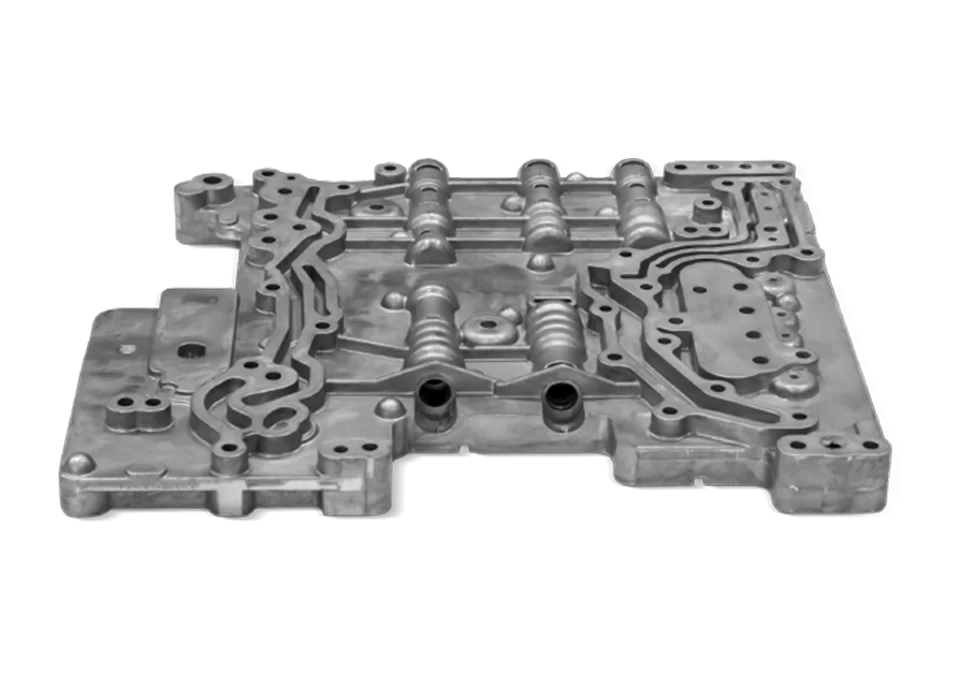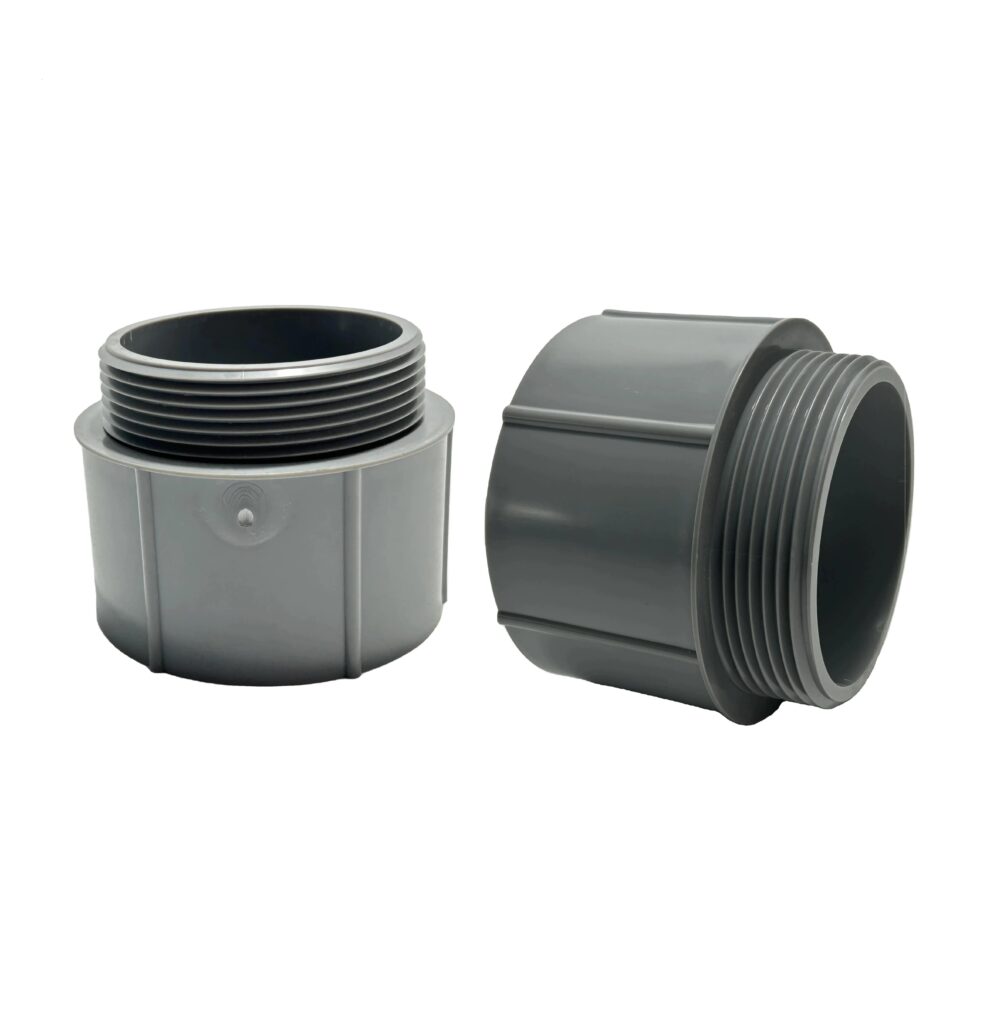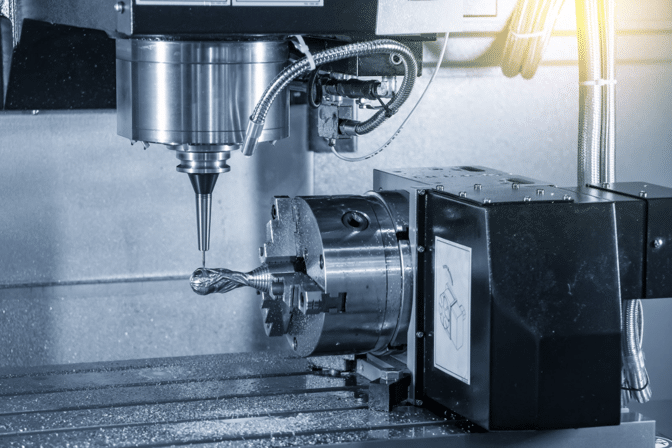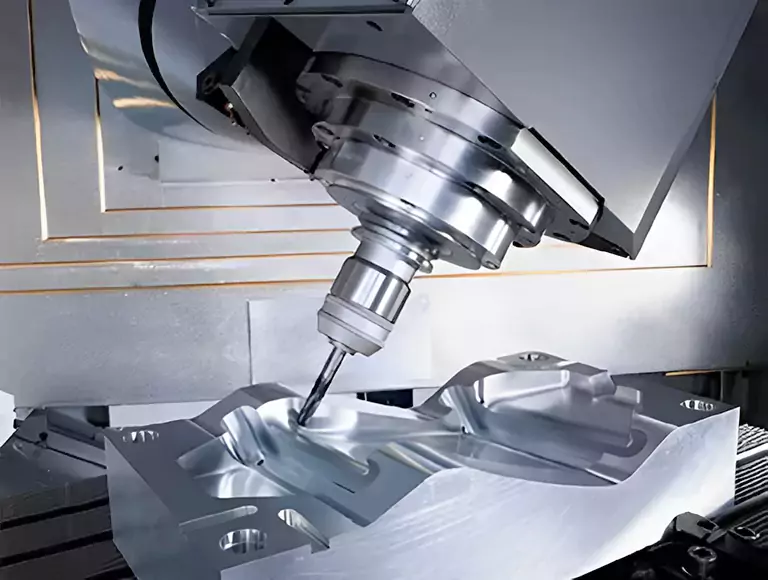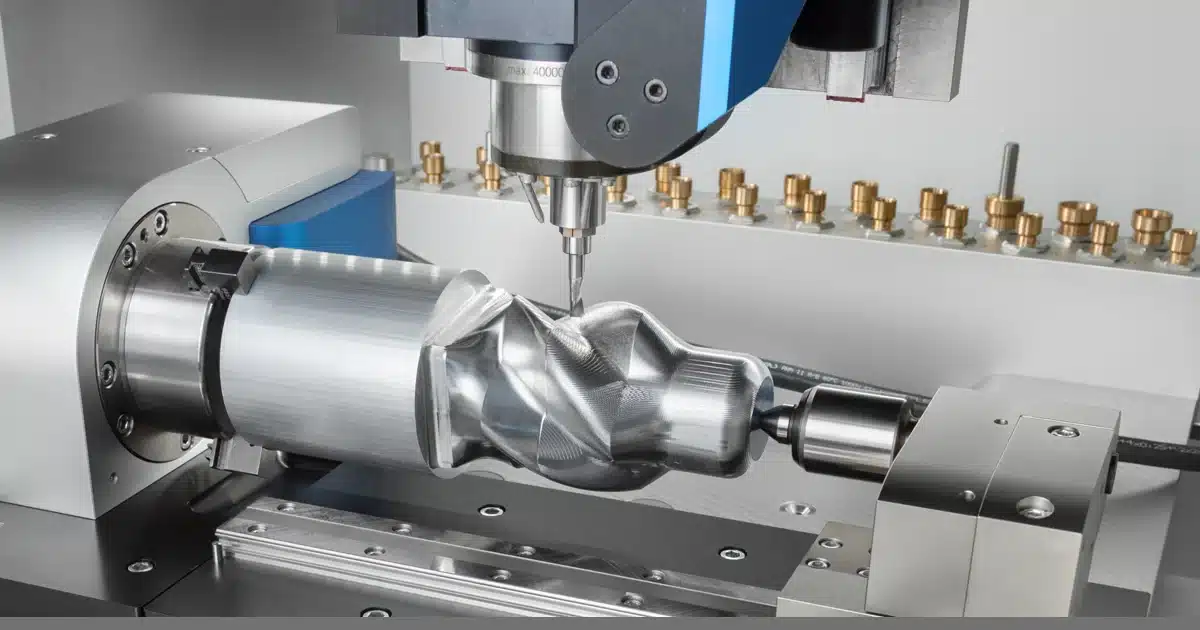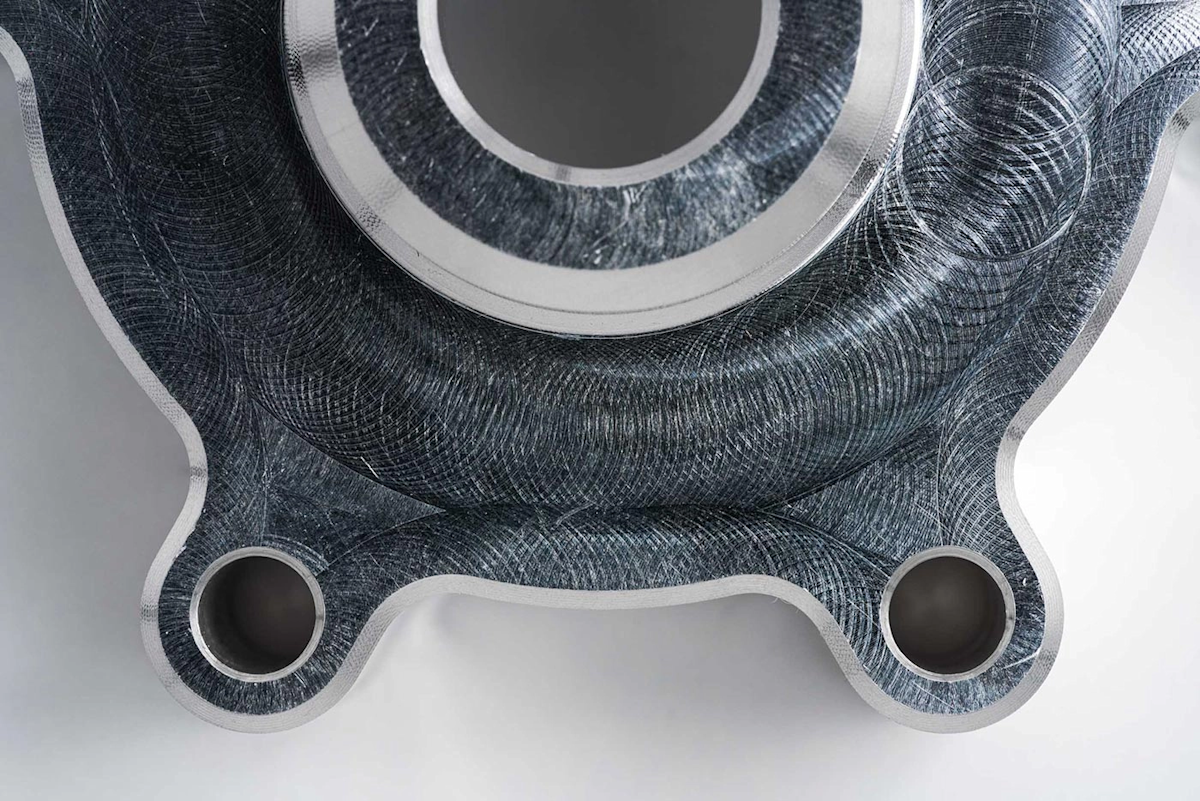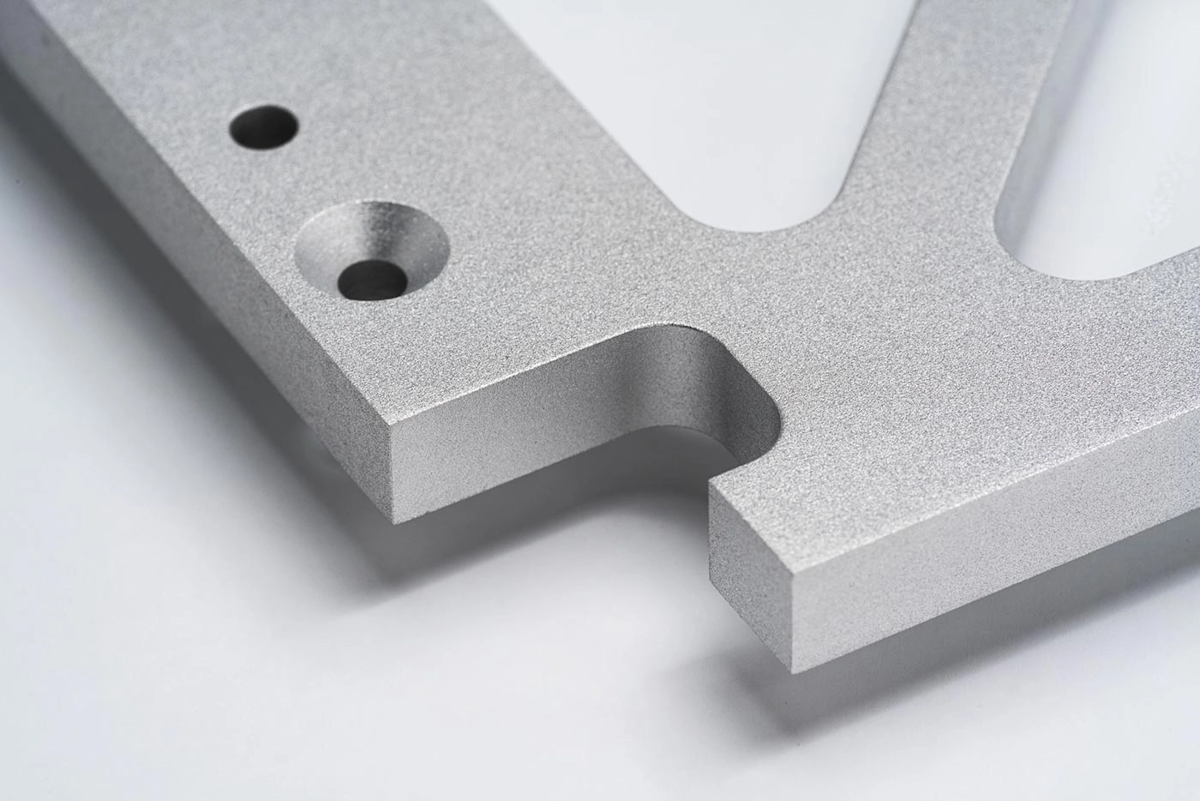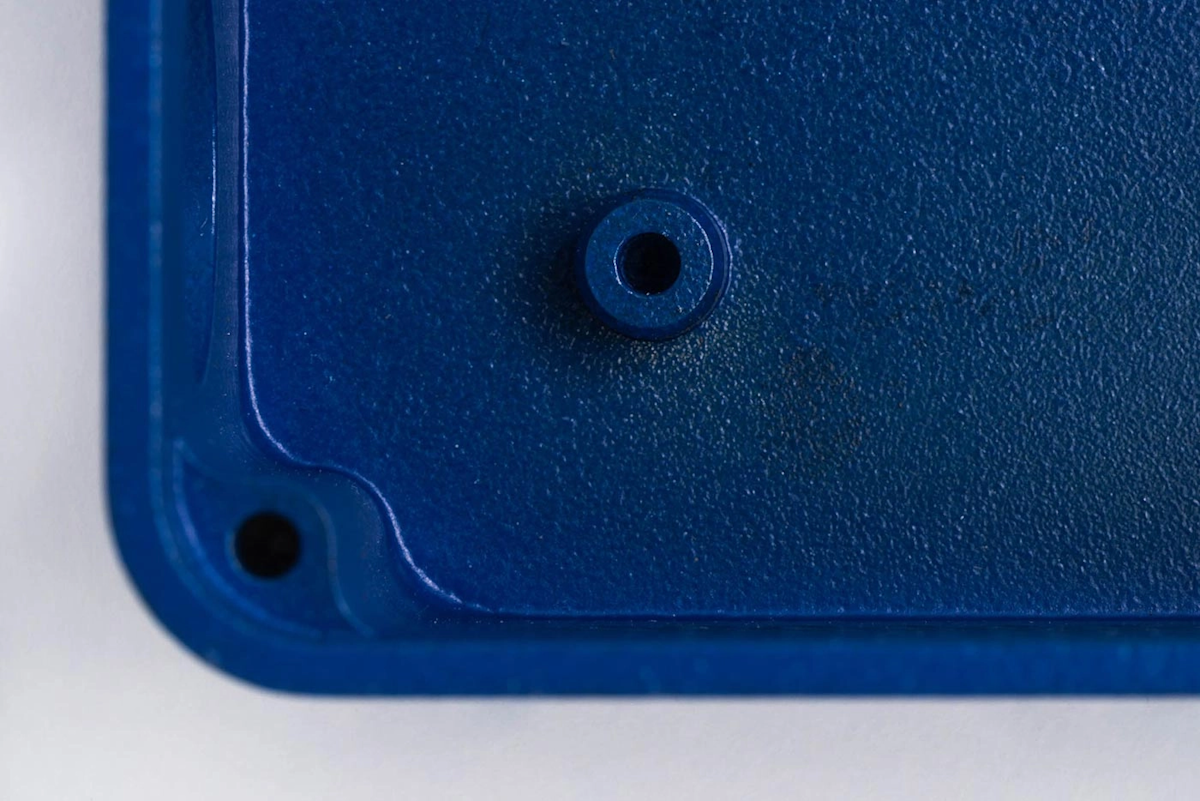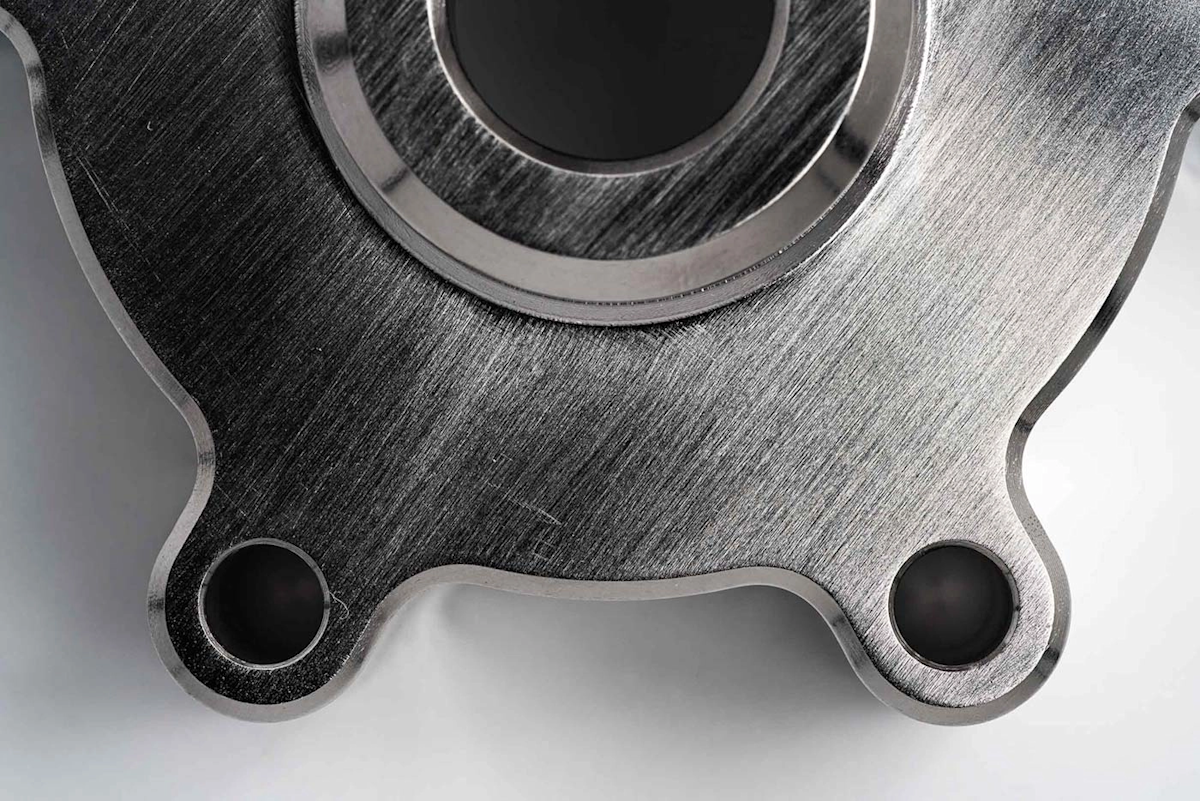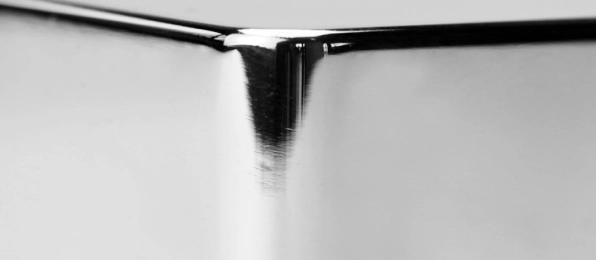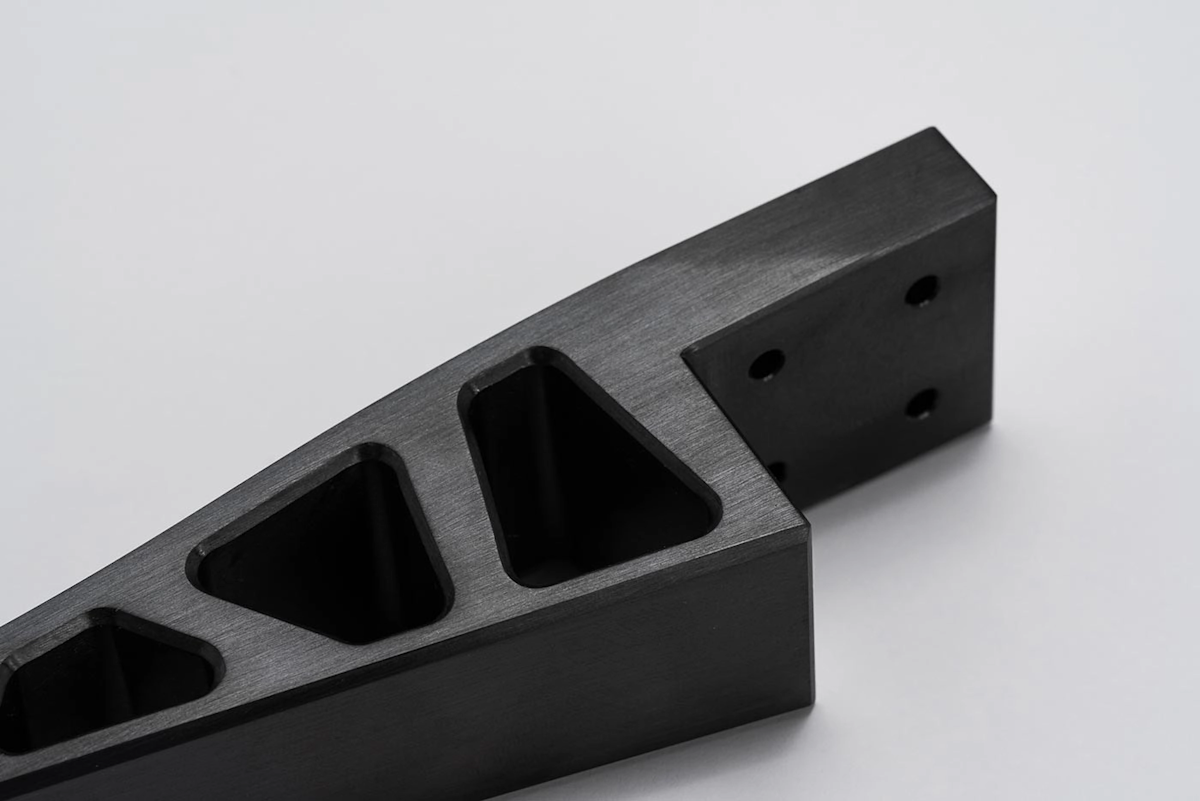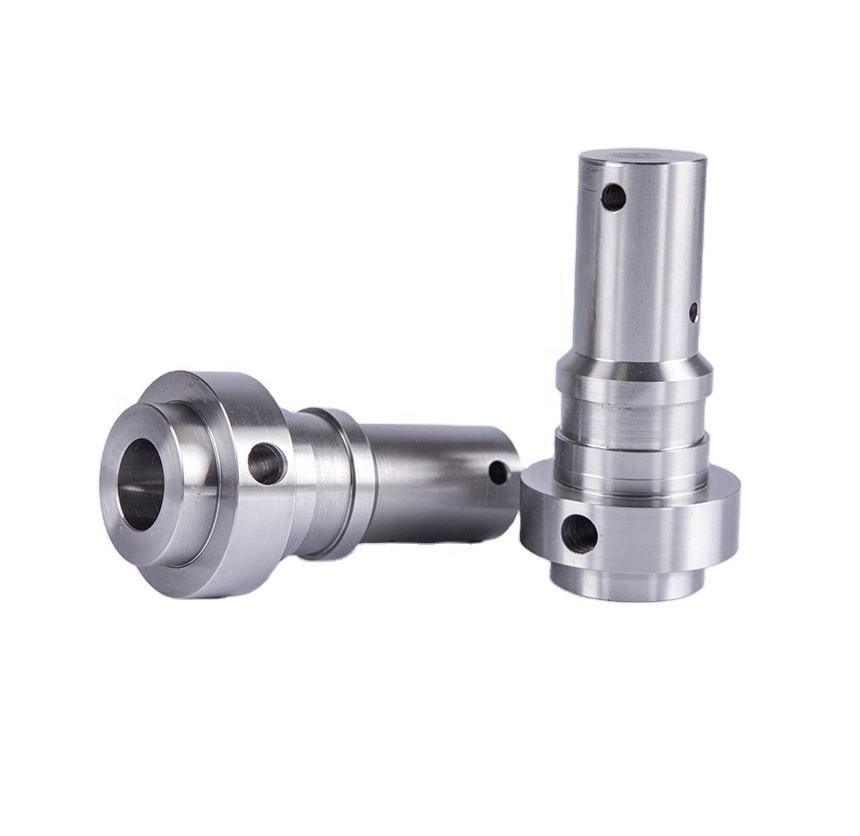Injection molding includes a range of specialized methods, each designed to suit different materials, geometries, and production goals, making it possible to manufacture anything from micro-scale components to large, intricate parts with precision and efficiency.
Plastic Injection Molding
This is the most common process, where molten plastic is injected into a metal mold to form high-precision parts. It’s ideal for mass-producing identical items quickly and cost-effectively.
Advantage: Excellent for high-volume production with consistent quality.
Limitation: High upfront tooling costs make it less economical for small runs.
Overmolding
Overmolding combines two or more materials in one part by molding a secondary material over a base component. Often used for ergonomic grips, soft-touch surfaces, or sealing functions.
Advantage: Enhances product functionality and aesthetics without extra assembly.
Limitation: Requires complex mold design and careful material compatibility checks.
Insert Molding
In this process, pre-made inserts (like metal parts) are placed into the mold, and plastic is molded around them. Common in electronics and automotive applications.
Advantage: Strong bonding between components and reduced assembly steps.
Limitation: Manual placement of inserts can slow production if automation is not used.
Gas-Assisted Injection Molding
Gas is injected into the molten plastic inside the mold to create hollow sections, reducing weight and material use. Often used for large, thick-walled parts.
Advantage: Produces lightweight yet strong components with minimal warping.
Limitation: Higher equipment and process complexity compared to standard molding.
Micro-Injection Molding
This method manufactures extremely small and precise components, often under 1 gram in weight. Widely used in medical devices, electronics, and micro-mechanics.
Advantage: Unmatched precision for tiny, intricate designs.
Limitation: Specialized machinery and expertise are required, increasing costs.
What Challenges Exist in Injection Molding and How TUOWEI Solves Them?
Injection molding can present hurdles such as defects, material inconsistencies, and dimensional variances, these challenges are overcome through advanced engineering, precise mold design, and rigorous quality control, ensuring flawless results from the first shot to the millionth.
Warping and Dimensional Inaccuracy
The Challenge: Warping occurs when different sections of a molded part cool at different rates, causing bending or twisting. This can compromise part fit and function, especially in high-precision industries like automotive or medical.
TUOWEI’s Solution: We use advanced mold temperature control systems and uniform cooling channel designs to ensure even cooling, along with material selection strategies to reduce shrinkage rates.
Sink Marks and Surface Imperfections
The Challenge: Sink marks small depressions on the surface happen when thicker sections cool unevenly, leading to cosmetic and structural defects.
TUOWEI’s Solution: Our engineers optimize part geometry in the design phase, adjust packing pressure profiles, and use simulation software to predict and eliminate sink mark risks before production.
Flash Formation on Mold Parting Lines
The Challenge: Flash refers to excess material seeping out at mold parting lines, which requires post-processing and increases production costs.
TUOWEI’s Solution: We maintain precision tooling with tolerances as tight as ±0.005 mm, perform regular mold maintenance, and use clamping force calibration to prevent material leakage.
Short Shots and Incomplete Filling
The Challenge: Short shots occur when molten material doesn’t completely fill the mold cavity, resulting in missing sections or weak spots in the final part.
TUOWEI’s Solution: We optimize injection pressure, gate design, and melt temperature, combined with real-time monitoring systems to ensure complete mold filling every cycle.
Material Degradation and Color Inconsistency
The Challenge: Overheating, excessive residence time, or poor mixing can degrade materials, causing brittleness, discoloration, or reduced performance.
TUOWEI’s Solution: Our automated material handling and drying systems control moisture and temperature precisely, while our color masterbatch blending ensures consistent aesthetics across large production runs.

